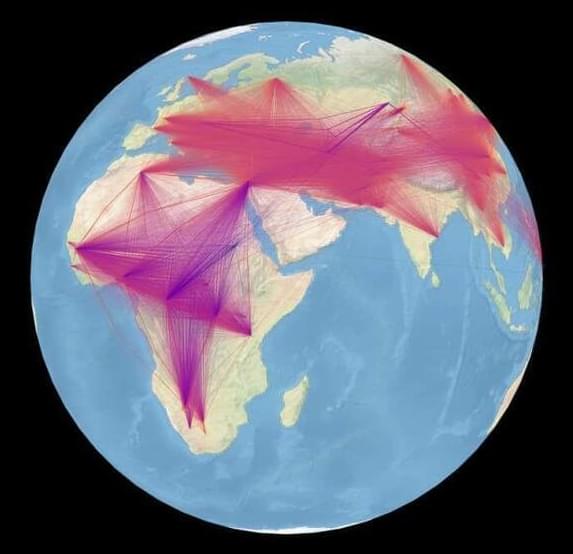What will humanity become, millions of years in the future?
This video is an abridged retelling of All Tomorrows, a story written and illustrated by C. M. Kosemen. Here’s an interview with Kosemen on the Alt Shift X Podcast: https://www.youtube.com/watch?v=_1DUeMbesM8
Follow and support C. M. Kosemen:
Website: http://www.cmkosemen.com/
YouTube: https://www.youtube.com/user/cmkosemen/
Instagram: https://www.instagram.com/cmkosemen/
Patreon: https://www.patreon.com/cmkosemen.
Original All Tomorrows story: https://drive.google.com/file/d/0ByV5-S712cg8Tk1vQWVFZVM5S28/view.
Alt Shift X Podcast #1 with authors of The Expanse: https://www.youtube.com/watch?v=-ER_lohK_i8
Another Kosemen story read by Alt Shift X: https://www.youtube.com/watch?v=GTkCGSG3L54
Alt Shift X Patreon: https://www.patreon.com/AltShiftX
Alt Shift X Twitter: https://twitter.com/altshiftx.
Additional imagery is from Getty Images, Wikimedia, and Raised by Wolves.


